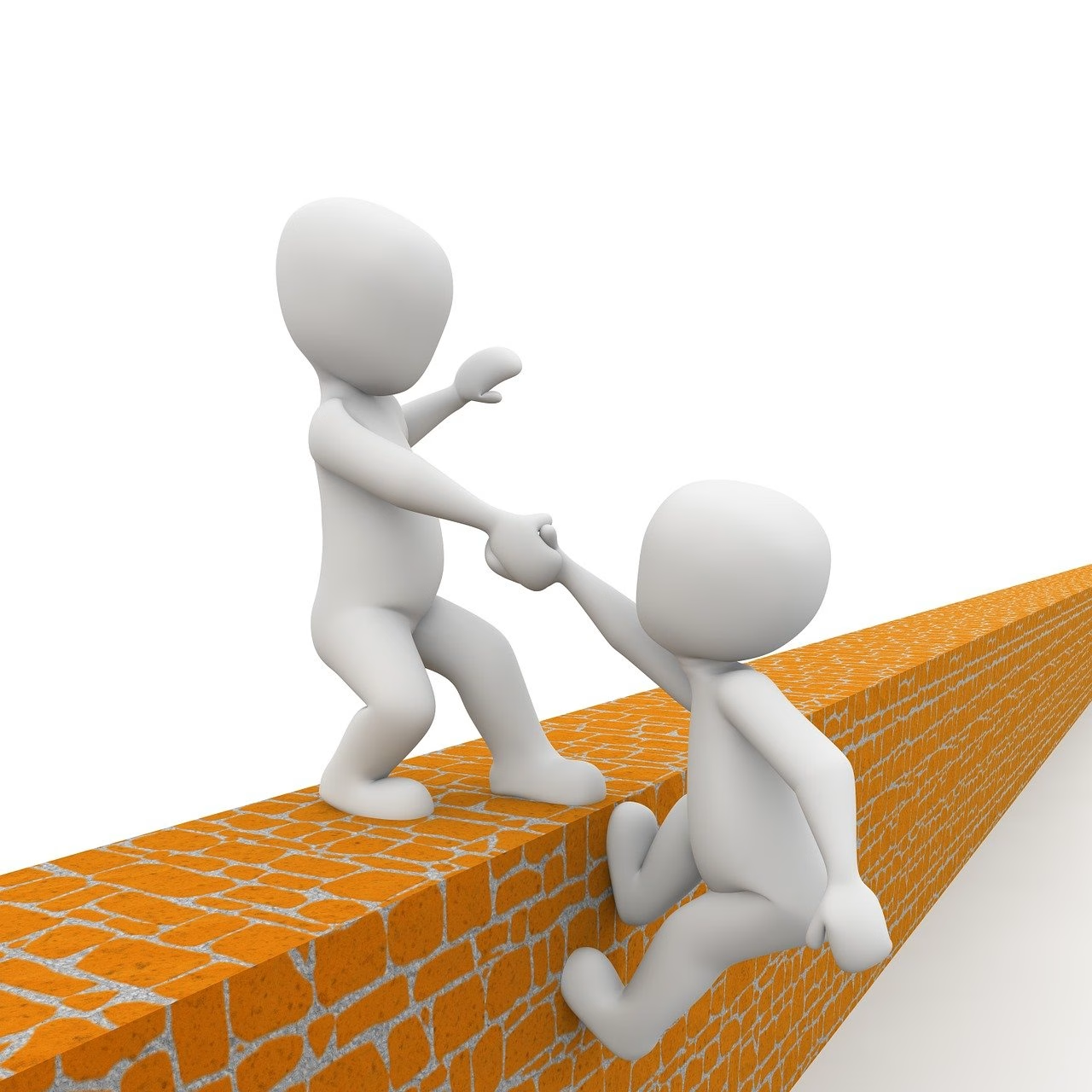Islam Media Central Launches Islam Media Kids!
Islam Media Central Launches Islam Media Kids! A Fun Islamic Learning Experience for Kids! Islam Media Central proudly launches Islam Media Kids, a vibrant new platform designed to make Islamic…
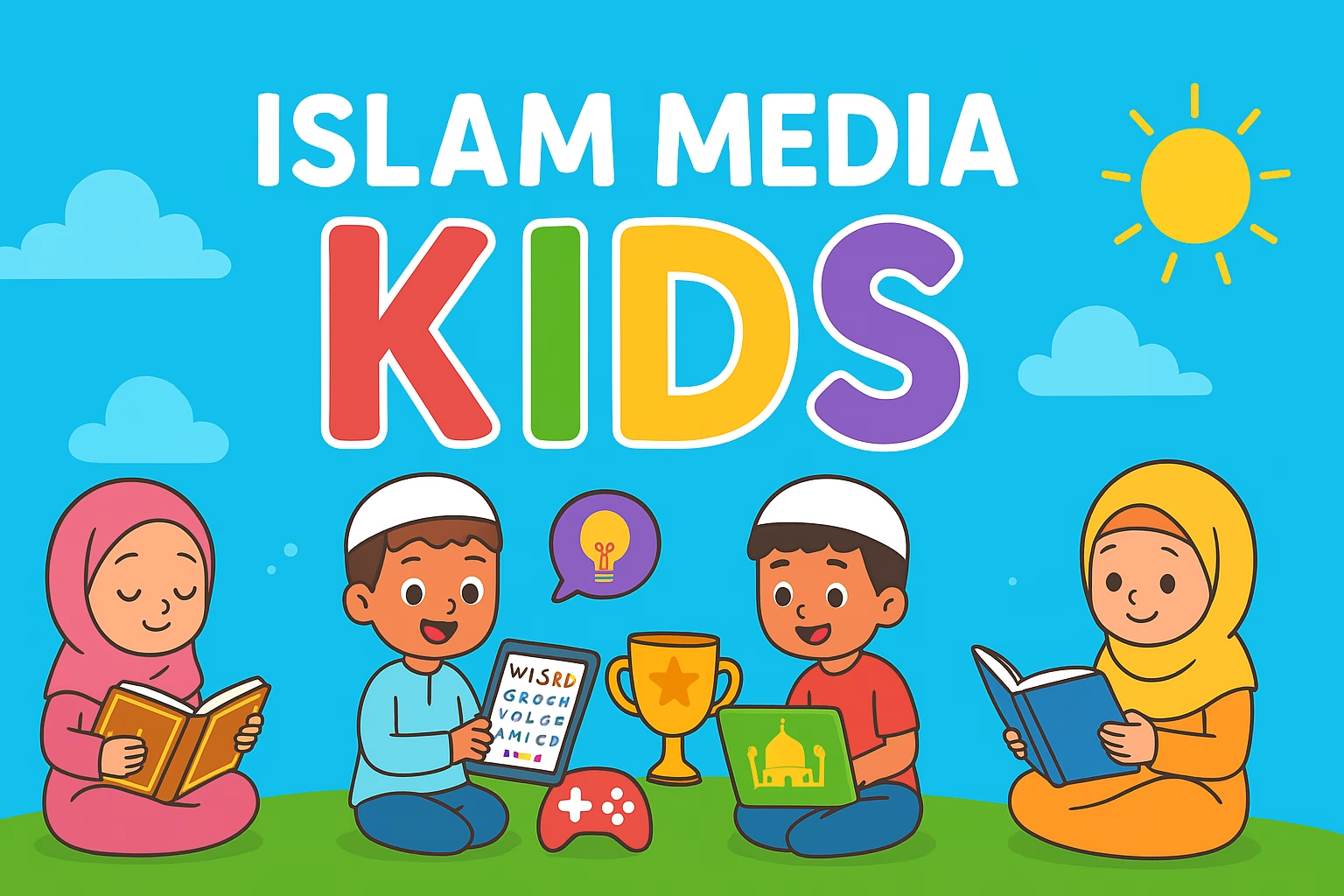
Articles, News,Podcast and videos
Islam Media Central Launches Islam Media Kids! A Fun Islamic Learning Experience for Kids! Islam Media Central proudly launches Islam Media Kids, a vibrant new platform designed to make Islamic…

Introduction Marriage in Islam is not merely a contract between two individuals; it is a sacred bond ordained by Allah ﷻ. It is a means of completing one’s faith, seeking…
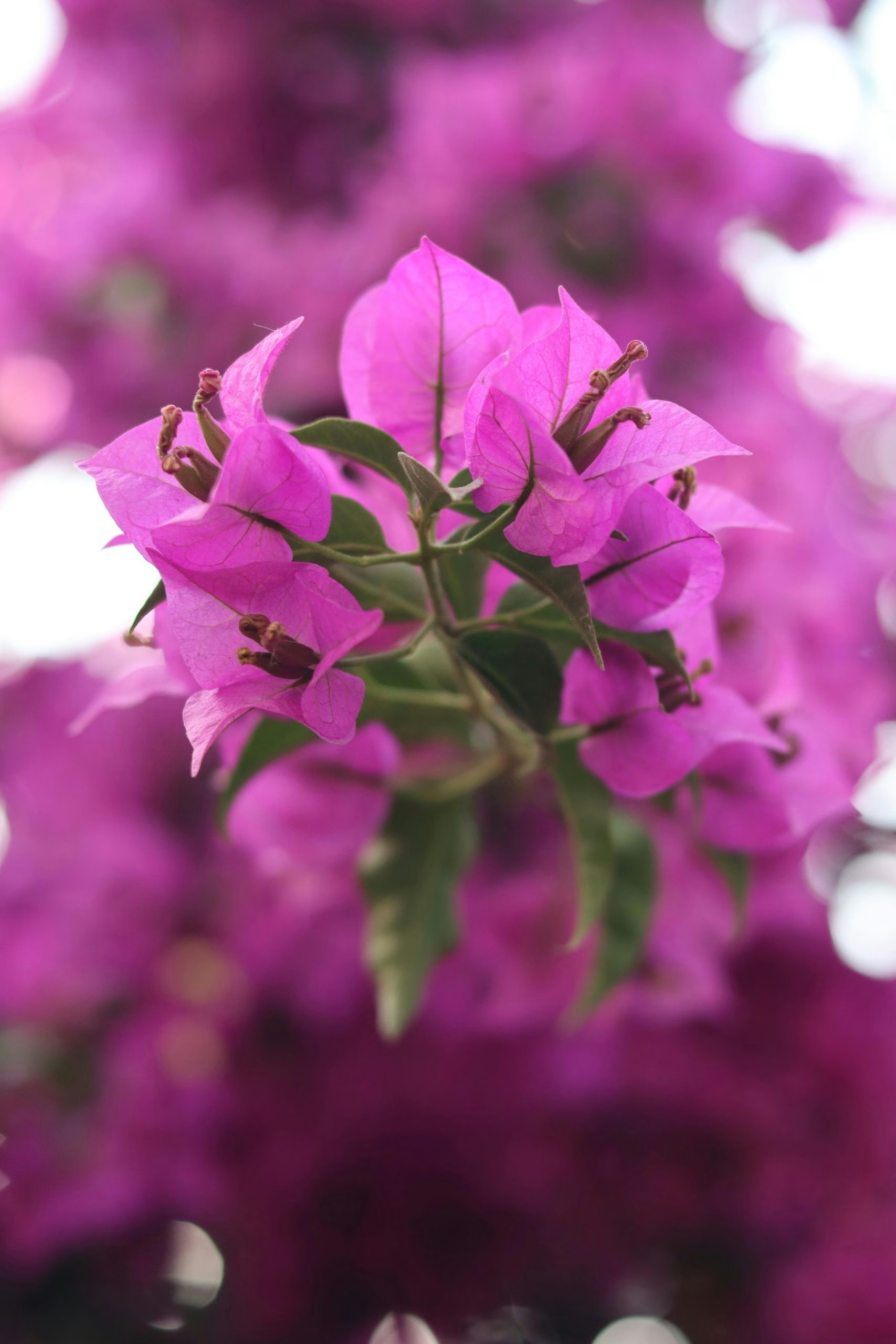
🌙 10 Major Signs of Qiyamah: Are We Closer Than We Think? Bismillah ir-Rahman ir-Raheem Every believing heart knows that this world is temporary — destined to end. But when?…

True Freedom from People’s Praise and CriticismReflection on a statement of Malik ibn Dinar رحمه الله Malik ibn Dinar رحمه الله, one of the great early ascetics and scholars of…

The Power of the Airwaves: Why an Islamic Radio Station is Vital Today In the name of Allah, the Most Merciful, the Most Kind. We are living in a time…
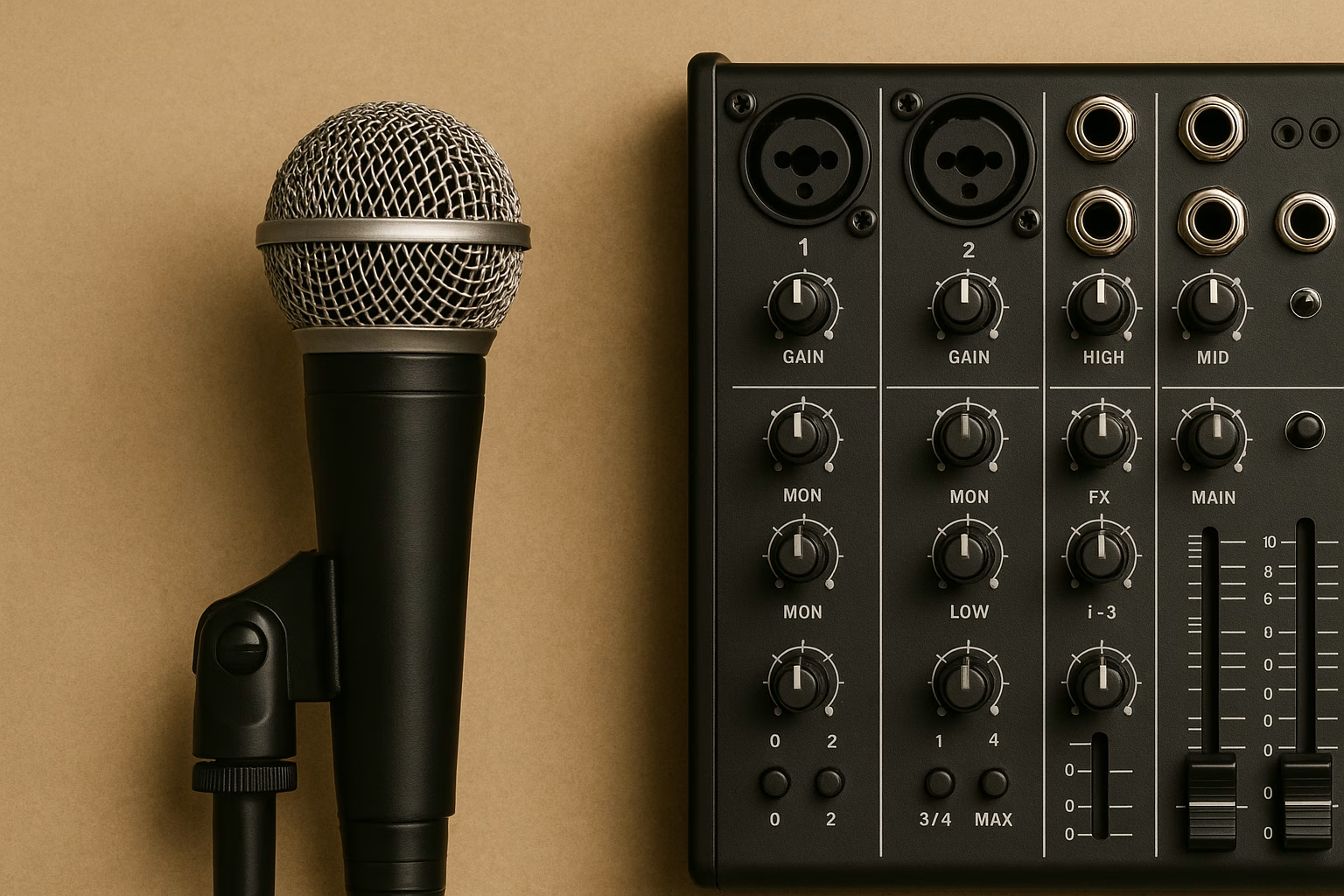
🧠 1. The Heart of the Problem Overthinking leads to mental paralysis, trapping us in endless “what‑ifs”. It can spiral into anxiety—and even depression. Our faith guides us to trust…
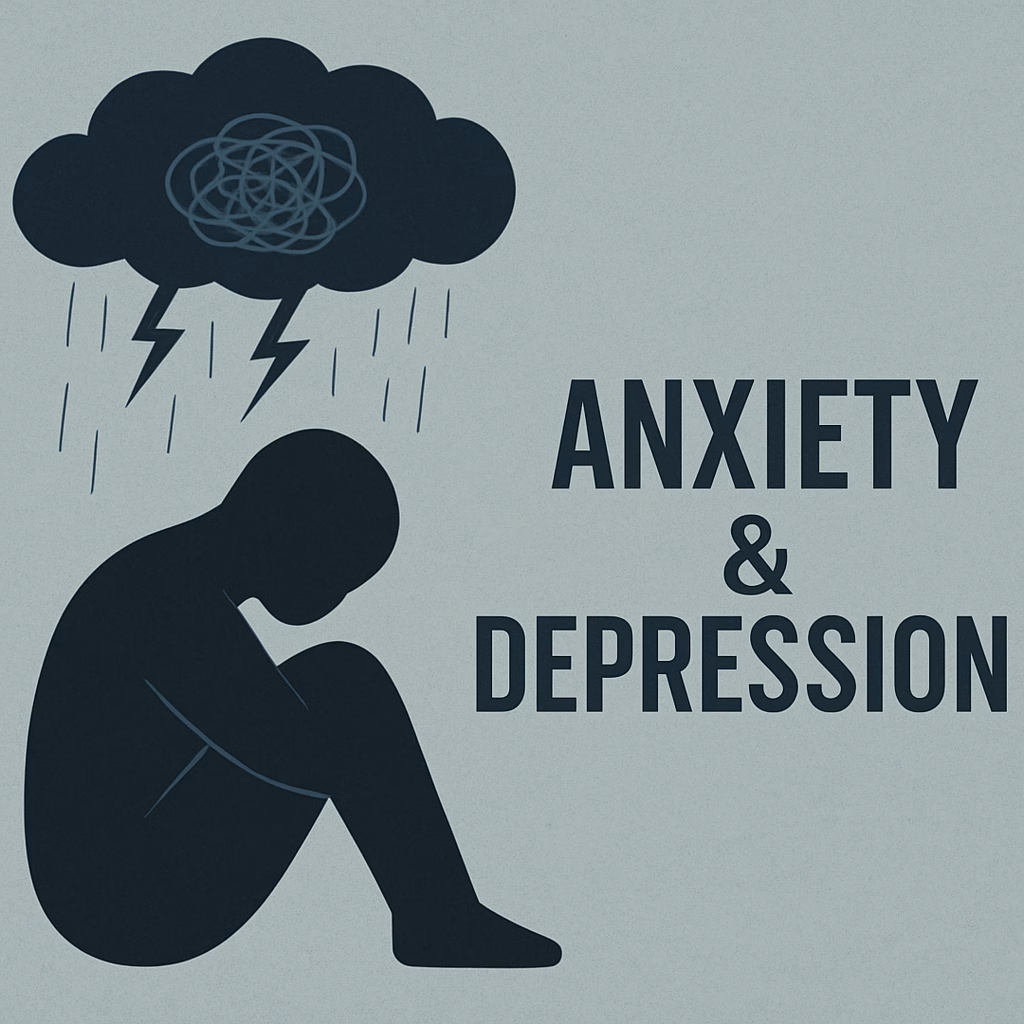
The Faith of Bilal (RA) Title: “Ahad, Ahad – The Power of Imaan” Hadith:“The most beloved words to Allah are: SubhanAllahi wa bihamdihi.”📖 (Muslim) Story:Sayyiduna Bilal (RA), a former slave,…
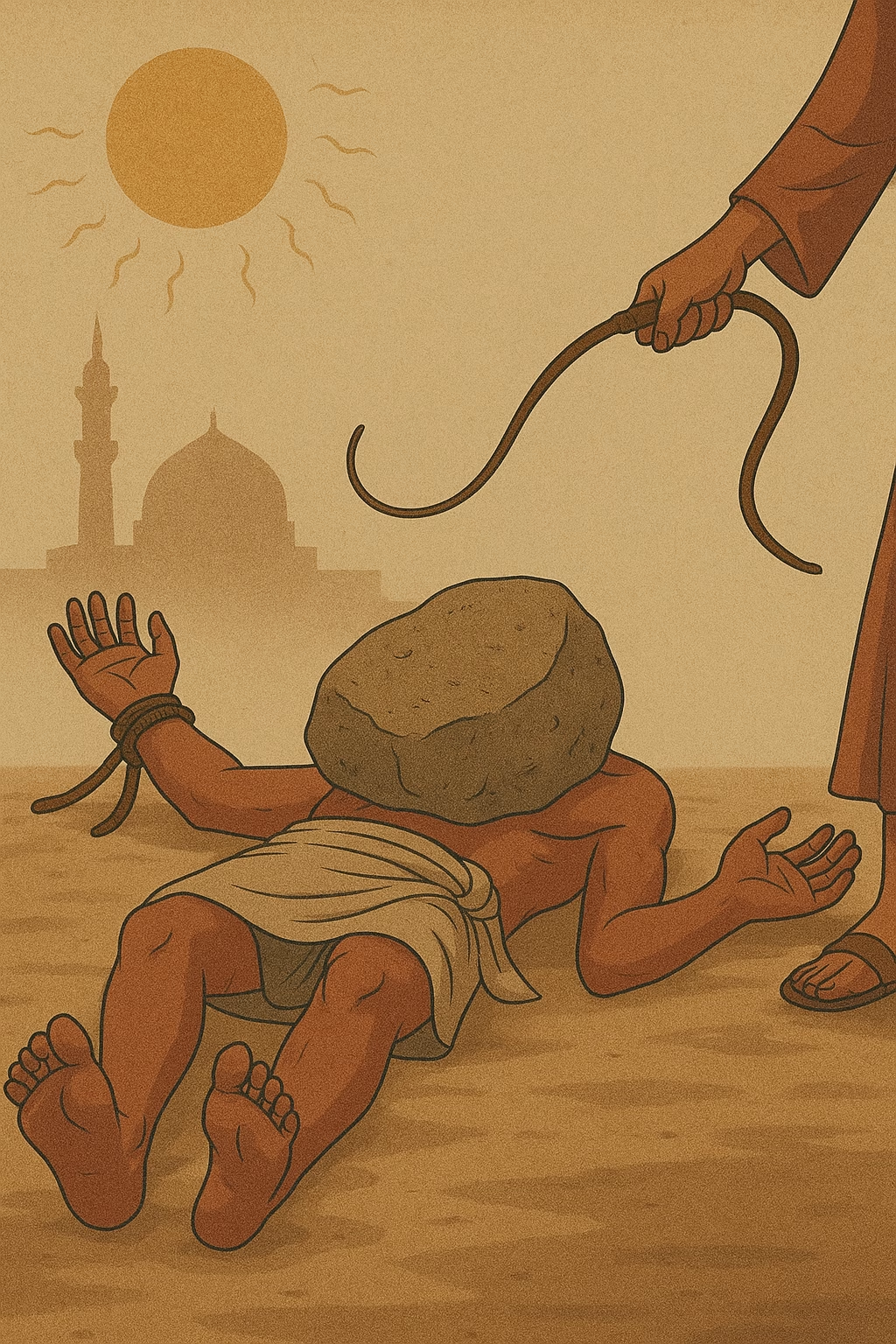
Imaan and the Hidden Deed Title: “The Deed That Saved a Man” Hadith:The Messenger of Allah ﷺ said: “Allah does not look at your appearance or your wealth, but He…
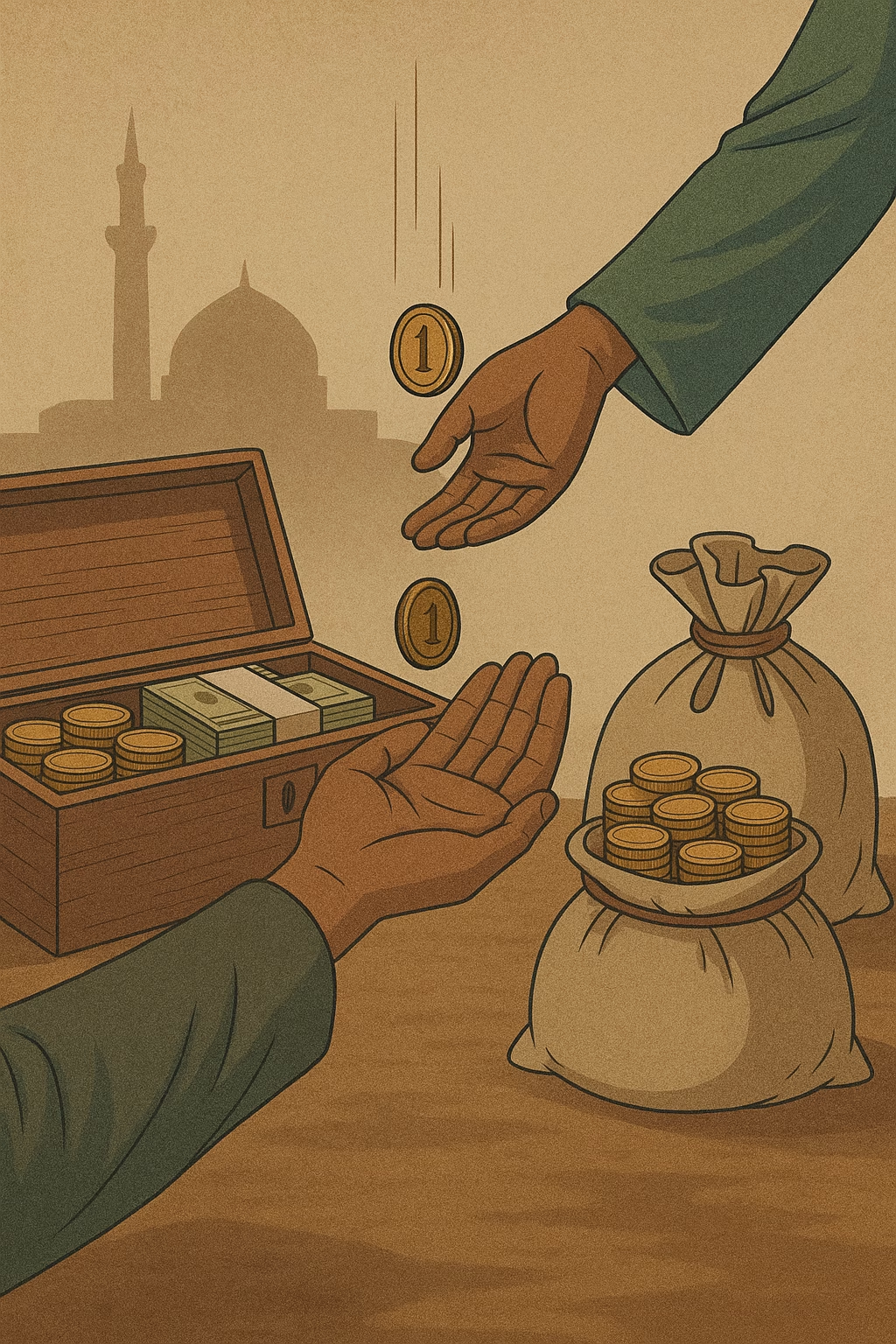
Dua During Hardships & Difficult Times Arabic: اللَّهُمَّ لاَ سَهْلَ إِلاَّ مَا جَعَلْتَهُ سَهْلًا، وَأَنْتَ تَجْعَلُ الْحَزْنَ إِذَا شِئْتَ سَهْلًا Transliteration: Allāhumma lā sahla illā mā ja‘altahu sahlā, wa anta…

Hadith on Kindness This hadith tells us plainly that kindness beautifies everything. Without kindness, even good deeds lose their charm. This is a powerful reminder: if you want Allah’s mercy,…
